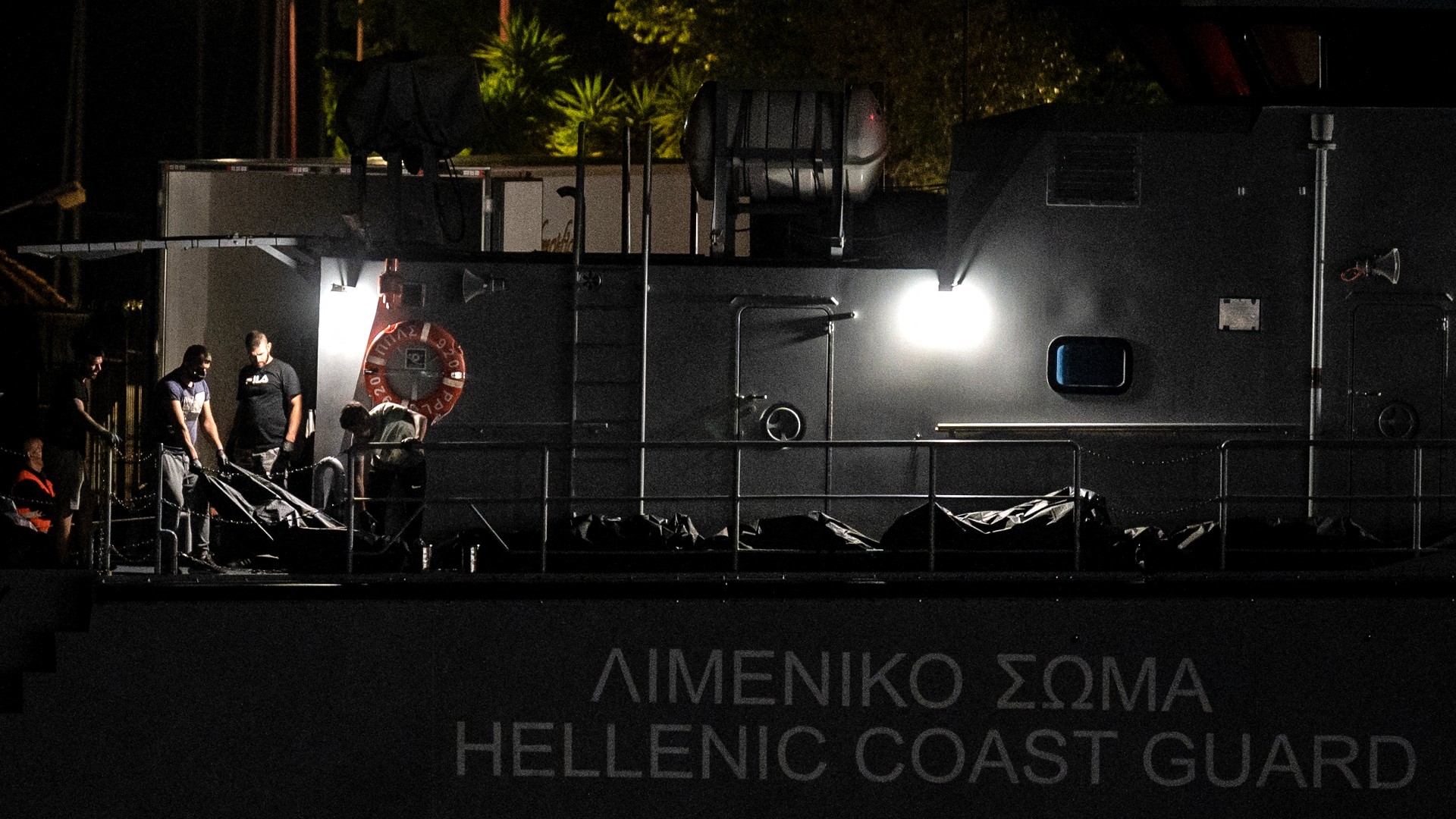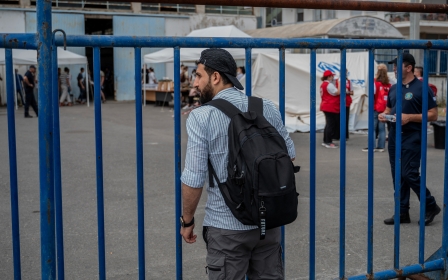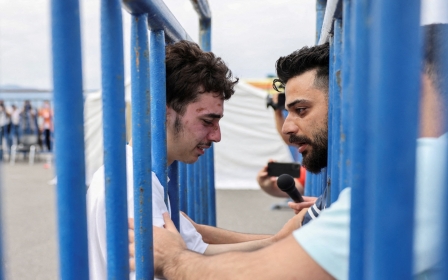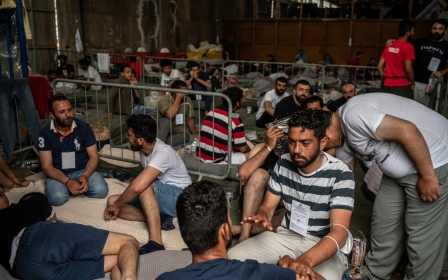Greece gave 'no response' to aerial support offer before shipwreck, says Frontex

Frontex, the EU's border agency, said it had offered aerial support to Greek authorities before the deadly Pylos shipwreck but received "no response".
The overloaded trawler capsized and sank off the coast of Greece on 13 June, in what is viewed as the region's deadliest sea disaster in years. The majority of its passengers on the boat were reportedly from Egypt, Syria and Pakistan.
At least 82 people were confirmed dead, with 500 people estimated missing.
"Frontex offered additional aerial support to Greek authorities on 13 June but received no response," Frontex told AFP on Tuesday.
The EU's border agency said that it had offered to move forward a scheduled aerial patrol, but Greek authorities instead asked it to see to a search-and-rescue operation near Crete.
New MEE newsletter: Jerusalem Dispatch
Sign up to get the latest insights and analysis on Israel-Palestine, alongside Turkey Unpacked and other MEE newsletters
The Frontex plane was directed to look for the fishing vessel on 13 June by the Italian rescue coordination centre.
"The plane was monitoring the fishing vessel for 10 minutes before it had to return to base for refuelling," Frontex said.
'Unacceptable' reception for survivors
Survivors of the shipwreck faced an "unacceptable" reception in Greece and continue to be held in conditions unsuitable for vulnerable people, NGO workers told MEE last week.
The survivors, put at 104 and all men - as no women or children are said to have survived the wreck - were taken to Kalamata, a city on the Peloponnese peninsula, where they were kept in a storage warehouse for two to three days before being transferred to an asylum registration facility at Malakasa, north of Athens.
"We witnessed an unacceptable reception of extremely vulnerable people in Kalamata," said Eleni Spathanaa, a volunteer lawyer for Refugee Support Aegean.
Testimonies that have emerged in the aftermath of the wreck have shed light on discrepancies in the coastguard's official version of events, which claimed that the passengers refused their help.
Reports of the boat's engine failing days before and pleas from the people aboard for assistance contradict the official Greek account.
Other questions have been raised around what prompted the boat to sink, including allegations of a botched attempt by the coastguard to tow the vessel, causing it to capsize. The claims have been rejected by Greek officials.
Social media posts in the wake of the disaster highlighted the discrepancy in the efforts by the Greek coastguard to prevent last week's wreck with the resources expended on recovering the missing Titan submarine in the Atlantic Ocean.
Middle East Eye delivers independent and unrivalled coverage and analysis of the Middle East, North Africa and beyond. To learn more about republishing this content and the associated fees, please fill out this form. More about MEE can be found here.




